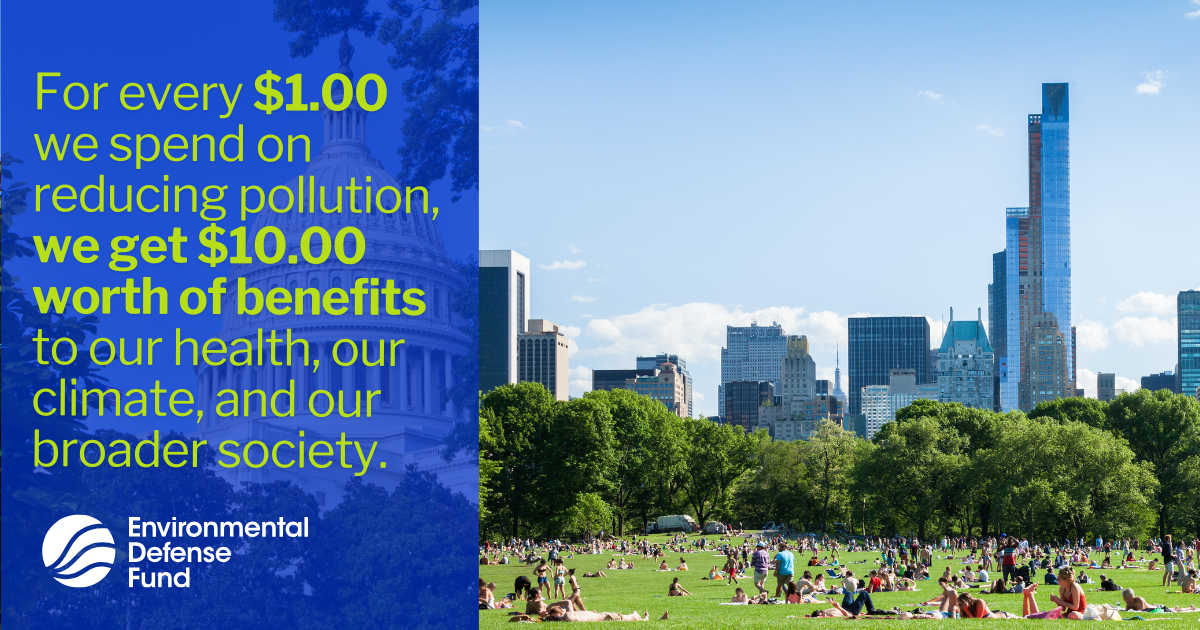
“Naomi Klein wants to stick it to the man. I want to stick it to CO2.″
By Jonathan Derbyshire, Prospect Magazine‘s The world of ideas.
Why is it so difficult to get people to worry about climate change? After all, the science is pretty unambiguous—pace the climate change “deniers”. Part of the problem, according to a new book, “Climate Shock,” by the economists Gernot Wagner and Martin L Weitzman, is that while what we know about global warming is bad enough, there are “unknown risks that may yet dwarf all else.”
Wagner, who is lead senior economist at the Environmental Defense Fund in the United States, visited London a couple of weeks ago. I caught up with him while he was here and talked to him about the difficulties of mobilising public opinion around the threats and challenges of climate change.
GW: The big problem, frankly, is speaking the truth and talking about what scientists actually know and what they don’t know, which in many ways is even scarier. Saying the latest science out loud is [often taken to be] akin to catastrophising. That’s the big conundrum: on the one hand, “climate shock” shouldn’t be all that shocking—we’ve known this for quite a while. The problem is finding a way to state the scientific facts in a way that does not turn people off immediately.
JD: So it’s partly a public relations or political challenge then?
It’s more than that. Political, certainly. But it’s also a science communications challenge.
You mentioned scientific uncertainty just now. The book is, among other things, an attempt to deal with the challenge of climate change and the policymaking challenges from an economic perspective. But it’s also, it seems to me, a work of epistemology, almost—it’s a reflection on uncertainty and the implications that uncertainty has for policymaking.
Most books are written about what we know. This book is about what we don’t know. We clearly know enough to act. We’ve known enough to act for years, decades. Now, the more we find out, the more apparent it gets that what we don’t know is in fact potentially much, more worse. Choose you favourite analogy here—Nassim Nicholas Taleb’s “black swans,” Donald Rumsfeld’s “unknown unknowns”. That’s what it’s all about. The things we don’t know will most likely be the things that bite us in the back.
This is one of the things that makes climate change a public policy challenge unlike any other.
Climate change is uniquely long-term. It is uniquely global. It is uniquely irreversible and uniquely uncertain. You could probably identify other policy issues that combine two of those four factors, but none that I know of combines all four like climate change [does].
Continue reading in Prospect Magazine.












